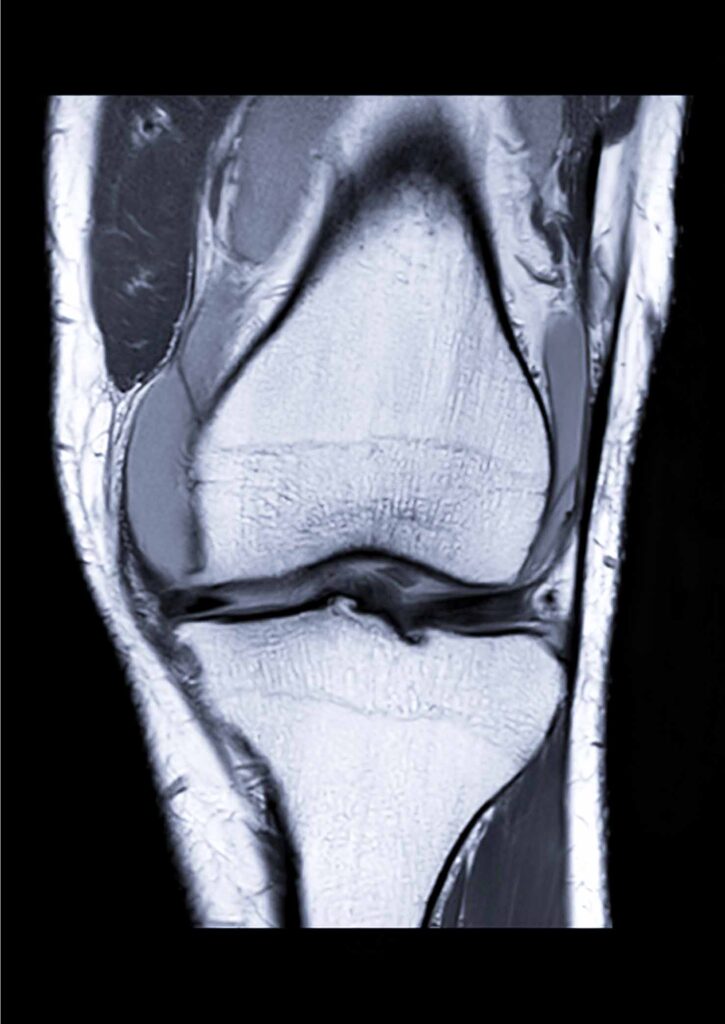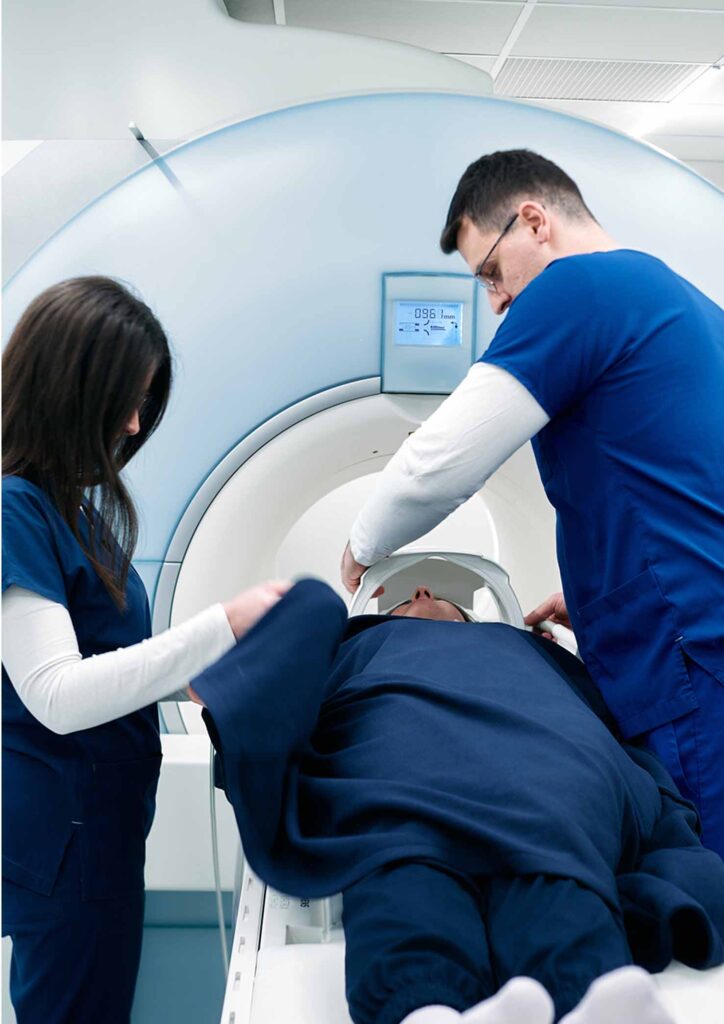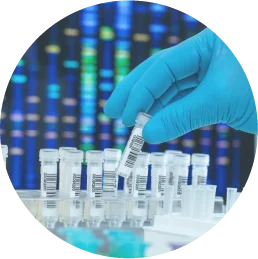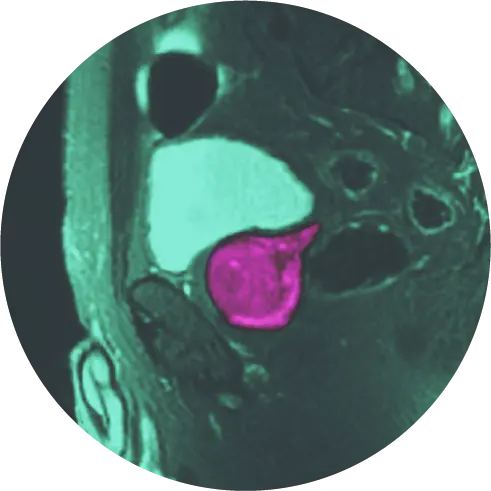Transforming the Future of Health with
Precision Diagnostics
Early detection saves lives.
Let’s start with yours.
HALO delivers personalized insights into the leading causes of death – such as cancer, cardiac disease, and neurodegenerative conditions- empowering patients, enabling providers, and accelerating value-based care.
Transforming the Future of Health with Precision Diagnostics
HALO delivers personalized insights into the leading causes of death – such as cancer, cardiac disease, and neurodegenerative conditions- empowering patients, enabling providers, and accelerating value-based care.
HALO is focusing on early detection for diseases causing approximately half of deaths in the US every year.¹


Cancer
Every year in the US, over 600,000 people die of cancer². Early detection of cancer can have a major impact. Data from the National Cancer Institute shows that for the five leading types of cancer that cause death (lung, colorectal, pancreatic, breast, and prostate), people diagnosed at an early stage have an average survival rate that is five times higher than those diagnosed at an advanced stage³.
Early detection gives you more choices for treatment and a better chance to live a longer, healthier life
Cardiovascular Disease
The earlier cardiovascular disease is found, the more can be done to prevent serious problems. Many people experience their first cardiac event without warning, and in some cases, it is fatal⁴. Early detection can include blood pressure screening, cholesterol testing, or more advanced imaging. If indicated based on these evaluations, further interventions can be considered, such as medication. For example, high cholesterol has been shown to be a major risk factor for cardiovascular disease and medications, called statins, are available to reduce these levels studies have shown that statin therapy can cut the risk of heart attacks and strokes⁵. Preventing just one heart attack or stroke through early detection and treatment can save tens of thousands of dollars in healthcare costs and add years of life⁶.
Early detection leads to better outcomes, fewer emergencies, and a longer, healthier life.




Dementia
While dementia cannot be cured, early detection allows individuals to begin treatment sooner, adopt lifestyle changes that may help slow cognitive decline, and make informed plans for their future⁶. In addition to clinical care, addressing known risk factors can play a key role in prevention. A recent report identified modifiable risk factors that account for nearly 40% of all dementia⁷. For individuals diagnosed with Alzheimer’s disease, certain medications have been shown to improve cognition, improve activities of daily living and decrease mortality in patients with severe dementia⁸.
In short, early detection of dementia empowers patients and families to take action - supporting better outcomes, improved quality of life, and more time to prepare for what’s ahead.
We are HALO:
A leading Precision Diagnostic Services Company which increases access to personalized healthcare
A precision diagnostics company expanding access to personalized, proactive healthcare. We’re turning imaging centers into next-generation diagnostic hubs – starting with cancer and expanding to cardiovascular disease and dementia.
1 in 8 women
will be diagnosed with breast cancer in their lifetime
1 in 6 people
meet genetic testing criteria, but only a small fraction have had genetic testing.
1 in 9 men
will be diagnosed with prostate cancer in their lifetime
The leading cause of death
for both men and women is cardiovascular disease
will be diagnosed with breast cancer in their lifetime.
meet genetic testing criteria, but only a small faction have had genetic testing.
will be diagnosed with prostate cancer in their lifetime.
for both men and women is cardiovascular disease
HALO Pathways available at partner centers
across the nation
Meet the Leaders Shaping the
Future of Precision Diagnostics
At HALO, our leadership team brings together deep expertise across imaging, clinical care, and technology. United by a mission to transform early detection and precision diagnostics, they are driving innovation that makes care more proactive, data-driven, and patient-centered.

Michael Uhl
Chief Executive Officer
20+ years of leadership in executing $100B+ in tech-based growth transactions with McKinsey.

Brian Axe
Chief Product Officer
20+ years of digital marketing experience and co-creator of $20B Google AdSense business.

Dr. John Feller
Chief Medical Officer
Board-certified subspecialized radiologist with fellowship training at Stanford. US Air Force veteran.

Jeff Gerard
Head of HMG/Payor/Provider Relations
20+ years of strategic growth leadership in the healthcare industry (Former President of Sutter Health Bay Area).





Meet Paul
How HALO helped a patient get their health back on track
At the age of 48, Paul injured his knee and was sent for an MRI. While filling out his paperwork, he also completed a Family History Questionnaire and included that his father died of pancreatic cancer at 45.
After his MRI, he met with a Patient Navigator to review his family history. Paul didn’t know much about his father’s relatives, however the Patient Navigator reviewed that genetic testing could be considered based on his father’s diagnosis.
What does this mean for Paul?
A month later, Paul reviewed the results of the genetic testing with a Nurse Practitioner.
He was identified to carry a single variant in the PALB2 gene. Changes in this gene are associated with an increased risk to develop breast, ovarian, and pancreatic cancer. Of note, research has shown that the risk for breast cancer affects both men and women. Paul had not received regular health screenings and was motivated become more proactive with his health.
After receiving these results, he decided to contact his primary care physician to discuss appropriate cancer screenings. Given his age and his father’s diagnosis, Paul was particularly interested in starting pancreatic cancer screening. For those with a PALB2 variant and a close relative with pancreatic cancer, additional imaging with MRI and/or ultrasound can be considered according to national guidelines. Paul reviewed the limitations and benefits of this screening with his doctor and opted to pursue this screening.

How does this impact Paul’s family?
Paul also learned that his 23-year-old daughter and 25-year-old son each had a 50% chance of carrying the same variant. While Paul has only one altered copy of the PALB2 gene, having changes in both copies can lead to additional health concerns, including conditions that may appear in childhood. Although Paul is not at risk for this condition, it may be important information for future generations to consider.
Both of his children were encouraged to speak with their provider to discuss genetic counseling and genetic testing. For individuals with genetic changes associated with cancer risk, screenings start at earlier ages and occur more frequently.
Paul’s son was expecting his first child and was eager to know if he had the same variant to understand if his child could also be at 50% risk.
Paul also shared this information with his sister. She underwent genetic testing and was found to carry the same PALB2 variant. Despite having a normal mammogram earlier this year, her doctor recommended that she have a breast MRI, as recommended by nationally published guidelines.

How much does testing cost?
Most commercial and federally funded insurance plans cover cancer predisposition testing, and the majority of patients have no out of pocket costs, when certain criteria are met. For those who do have out-of-pocket expenses, we offer options to make testing accessible and affordable.
References
¹ Centers for Disease Control; ² American Cancer Society: Cancer Facts & Figures 2024
https://www.cancer.org; ³ National Cancer Institute, Surveillance, Epidemiology, and End Results Program (SEER). SEER*Explorer: An interactive website for SEER cancer statistics [Internet]. Surveillance Research Program, National Cancer Institute; 2025 Apr 16. [cited 2025 Jun 26]. Available from: https://seer.cancer.gov/statistics-network/explorer/. Data source(s): SEER Incidence Data, November 2024 Submission (1975-2022), SEER 21 registries (excluding Illinois). Expected Survival Life Tables by Socio-Economic Standards.; ⁴ CDC- Heart Disease facts https://www.cdc.gov/heart-disease/data-research/facts-stats/index.html; ⁵ Lardizabal JA, Deedwania PC. Benefits of statin therapy and compliance in high risk cardiovascular patients. Vasc Health Risk Manag. 2010 Oct 5;6:843-53. doi: 10.2147/VHRM.S9474. PMID: 20957130; PMCID: PMC2952453.; ⁶ Centers for Disease Control https://www.cdc.gov/nccdphp/priorities/high-blood-pressure.html; ⁷ Livingston G, Huntley J, Liu KY, et al. Dementia prevention, intervention, and care: 2024 report of the Lancet standing Commission. The Lancet. 2024;404(10452). doi: https://doi.org/10.1016/s0140-6736(24)01296-0; ⁸ Profyri E, Leung P, Huntley J, Orgeta V. Effectiveness of treatments for people living with severe dementia: a systematic review and meta-analysis of randomised controlled clinical trials. Ageing Res Rev 2022; 82: 101758.;



